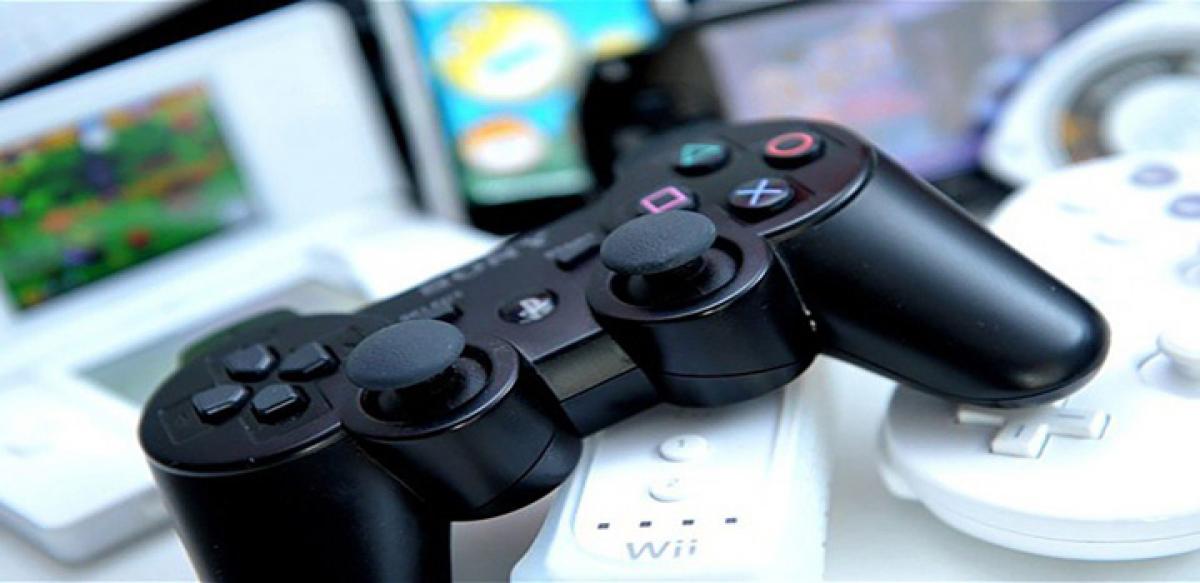Live
- SIPB approves Rs 85,000 cr investments
- AP Assembly session: Eighth day meeting begins with question hour
- Facial recognition attendance system in TG Secretariat soon
- Nearly 6,000 contract employees whose services were regularised get relief in HC
- VIT celebrates 40th anniversary
- Bandi Sanjay reviews ‘Sampoorna Abhiyan’ in Nagaland
- A brain dead person saves four as his organs donated
- SRR students excel in various competitions
- ISRO's communication satellite launched by Musk's SpaceX
- Encouragement assured for innovation in farming
Just In

Playing \"brain-training\" video games may help improve some mental abilities of people with multiple sclerosis (MS), a disease of the central nervous system that can lead to weakness, muscle stiffness and difficulty in thinking. The researchers found that video gaming strengthened neural connections in an important part of the MS patients\' brains.
London: Playing "brain-training" video games may help improve some mental abilities of people with multiple sclerosis (MS), a disease of the central nervous system that can lead to weakness, muscle stiffness and difficulty in thinking. The researchers found that video gaming strengthened neural connections in an important part of the MS patients' brains.
"This increased connectivity reflects the fact that video gaming experience changed the mode of operation of certain brain structures," said lead researcher Laura De Giglio from Sapienza University in Rome, Italy."This means that even a widespread and common use tool like video games can promote brain plasticity and can aid in cognitive rehabilitation for people with neurological diseases, such as multiple sclerosis," De Giglio said.
The findings were published online in the journal Radiology. MS affects an estimated 2.5 million people worldwide, according to the Multiple Sclerosis Foundation. Damage to the thalamus, a structure in the middle of the brain that acts as a kind of information hub, and its connections with other parts of the brain play an important role in the cognitive dysfunction many MS patients experience.
The researchers studied the effects of a video game-based cognitive rehabilitation programme on the thalamus in patients with MS. They used a collection of video games which train the brain using puzzles, word memory and other mental challenges. The games are based on the work of Japanese neuroscientist Ryuta Kawashima.
Twenty four MS patients with cognitive impairment were randomly assigned to either take part in an eight-week, home-based rehabilitation programme - consisting of 30-minute gaming sessions, five days per week - or be put on a wait list, serving as the control group.
At follow-up, the 12 patients in the video-game group had significant increases in thalamic functional connectivity. The modifications in functional connectivity shown in the video game group after training corresponded to significant improvements in test scores assessing sustained attention and executive function -- the higher level cognitive skills that help organise our lives and regulate our behaviour.

© 2024 Hyderabad Media House Limited/The Hans India. All rights reserved. Powered by hocalwire.com







